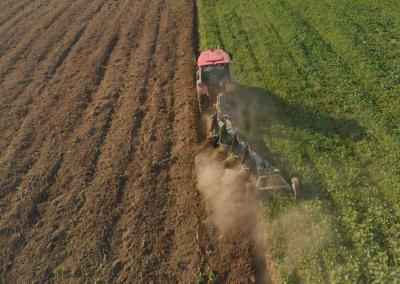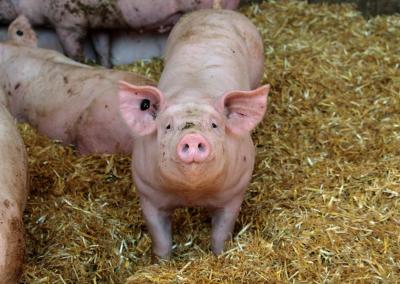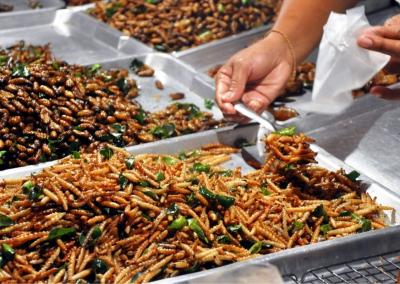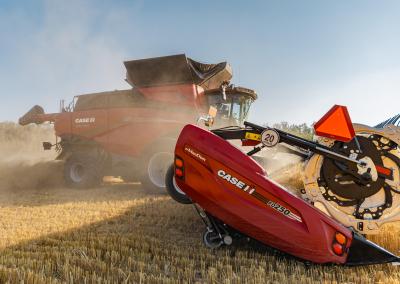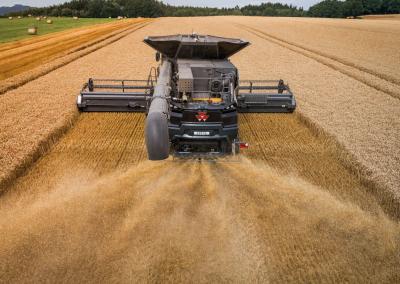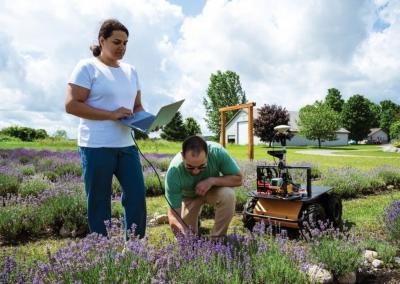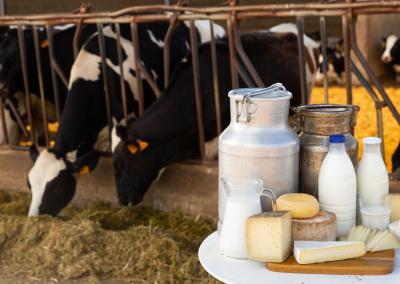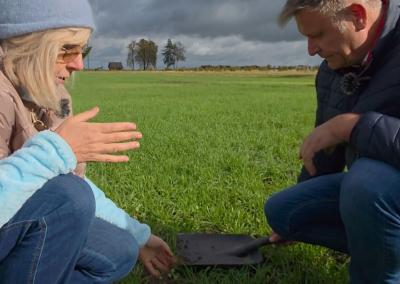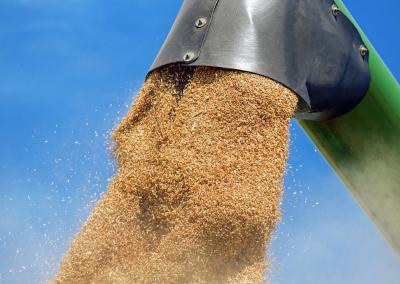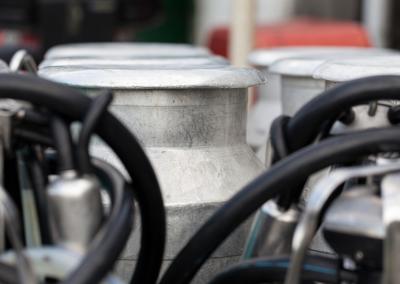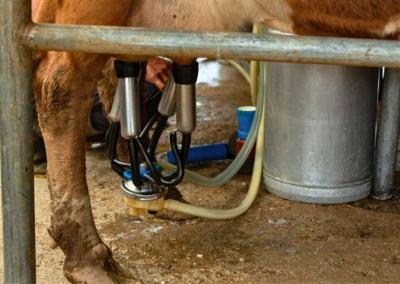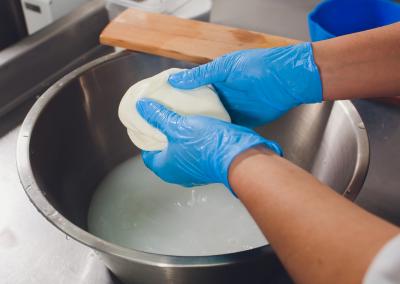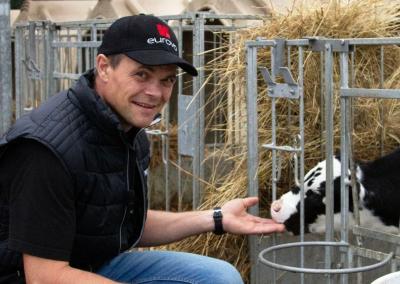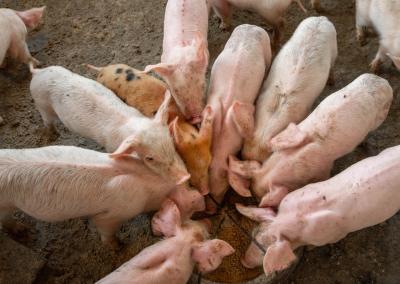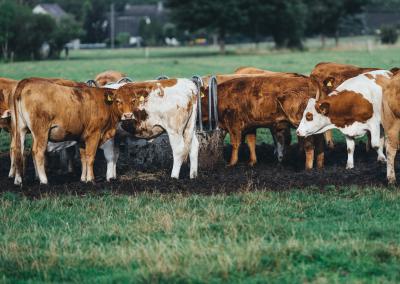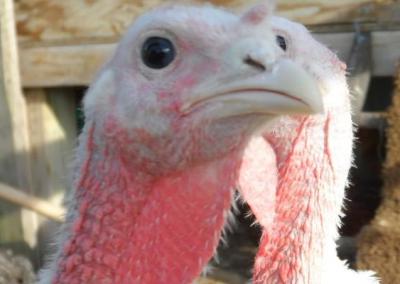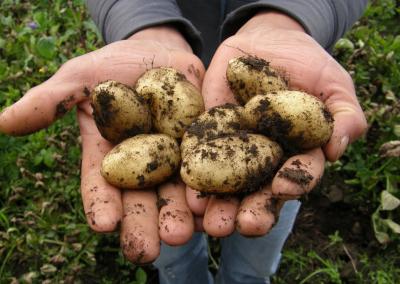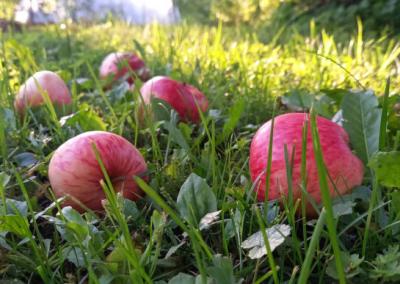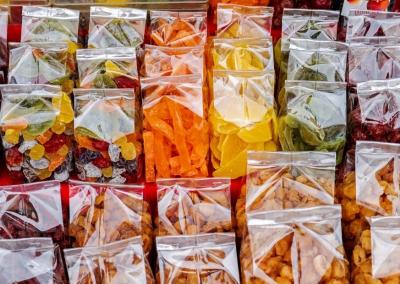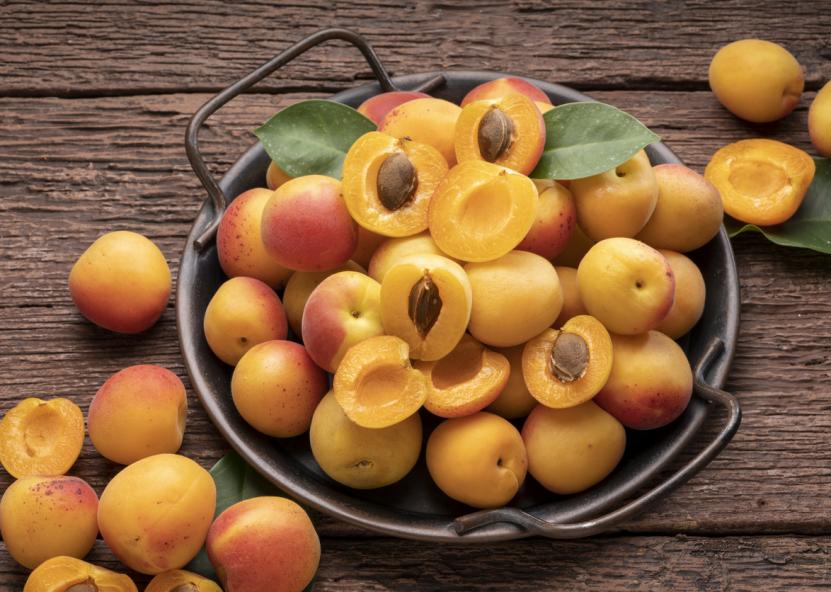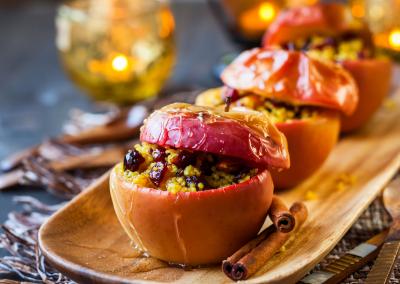To keep vegetables and fruit fresh for as long as possible: what to put in the fridge and what to leave in the cupboard?
Did you know that fruits and vegetables quickly lose their nutritional value when stored incorrectly? Vitamins, minerals and other health essentials can quickly deteriorate due to common mistakes we make. Fortunately, there are some easy rules that will help you keep your harvest nutritious and fresh at home for longer. Karolis Lebednikas, Head of Quality Assurance at a supermarket, explains how to change your storage habits and enjoy quality produce every day.
„Fruits and vegetables are extremely rich in water, vitamins, enzymes, minerals and natural sugars, which make them extremely beneficial to the human body. Keeping garden and farm produce fresh is essential to preserve its maximum nutritional value. This helps to avoid nutrient loss and to preserve the natural taste and texture for longer. Knowing a few useful rules will also help you waste less food, which will help both your wallet and the environment," says Lebednik.
It's important to choose the right temperature
One of the most important aspects that determines the freshness of fruit and vegetables – the right temperature. According to Lebednik, choosing the right temperature helps preserve the flavours of these products, whereas the wrong temperature can irreversibly alter them.
„You may find that if you keep bananas or tomatoes in the fridge for a few days after you buy them, their flavour will become duller and less appealing. It is therefore important to know what temperature you need for which product. Green leaf lettuce, green beans, broccoli, cauliflower, cabbage, leeks, herbs and many berries are best served in the fridge. Potatoes, onions, garlic, citrus fruits, courgettes, sweet potatoes and watermelons are best suited to room temperature. It is just important to take these products out of their plastic bags and store them in a well-ventilated room," says the expert.
The quality expert also points out that vegetables stored in the fridge, once they have been brought to room temperature, deteriorate more quickly and must be consumed quickly.
Beetroot, carrots, parsnips, celery and ginger roots are not very sensitive to storage conditions, so they can be stored in a wide range of conditions. It is also very important to pay attention to the level of ripeness before deciding where to store a particular fruit or vegetable. For example, if you want an avocado to ripen more, store it at room temperature, but if you are afraid it will overripen, move it to the fridge.
He notes that mushrooms are often stored incorrectly at home. He points out that mushrooms should not be stored in a drawer in the fridge in a closed container, as this can create moisture which will cause the mushrooms to become mushy.
„We are particularly concerned about quality and freshness ourselves, so we responsibly divide the fruit and vegetables that arrive at „Lidl“ logistics centres into different categories. We then move them to two different rooms, where the temperature is maintained at 4 or 14 degrees. In addition, &bquo;Lidl“ transports fruit and vegetables to the stores in trucks with trailers with different temperature spaces. So, with just one truck, it is possible to bring fruit and vegetables to the store that require different storage conditions, while maintaining their high quality and freshness.“, – says K. Lebednikas.
The specialist points out that if fruit and vegetables have not been consumed for a long time at home and if you notice any signs of spoilage, you should not eat them or try to cut the damaged area, as the product will already be affected.
Attention should be paid to moisture levels
In addition to selecting the right temperature, it is important to take into account a number of other aspects to keep fruit and vegetables fresh and of good quality for as long as possible.
„If your fruit and vegetables are packed in plastic packaging or bags, it is better not to unpack them before putting them in the fridge. For example, leafy vegetables will rot faster if you take them out of their original packaging. It is also advisable to wash produce only just before use, as excessive moisture can speed up spoilage," says the Head of Quality Assurance at „Lidl Lietuva“.
Fruits or salads are particularly sensitive to moisture, which can lead to mould, so it is essential to avoid excessive humidity in the fridge. This can be achieved by placing a dry paper towel next to the produce in the fridge to absorb excess moisture.
„On the other hand, a certain amount of moisture is necessary to prevent vegetables and fruit from drying out and retaining their good qualities. This is why, for example, „Lidl“ logistics centres have a humidity control system that maintains the right humidity level for the products, – notes K. Lebednik.
Pineapples are better stored separatelyPineapples – are one of the most popular fruits that appear in many shopping baskets. However, it is important to note the storage characteristics of bananas – they are usually best kept away from other fruits or vegetables.
„Many fruits give off natural ethylene gas as they ripen, which is odourless and completely harmless to health. But bananas are special in that they produce the most of this gas of any of our favourite fruits. This gas stimulates the ripening process, so if bananas are stored next to other fruits or vegetables, they may ripen faster than we would like and we may not be able to consume them in time," Lebednik points out.
On the other hand, he points out, this property of the banana can be exploited in a positive way. For example, if you have an unripe avocado, you can put it in the same bag or sealed box with the banana and the avocado will ripen faster.


